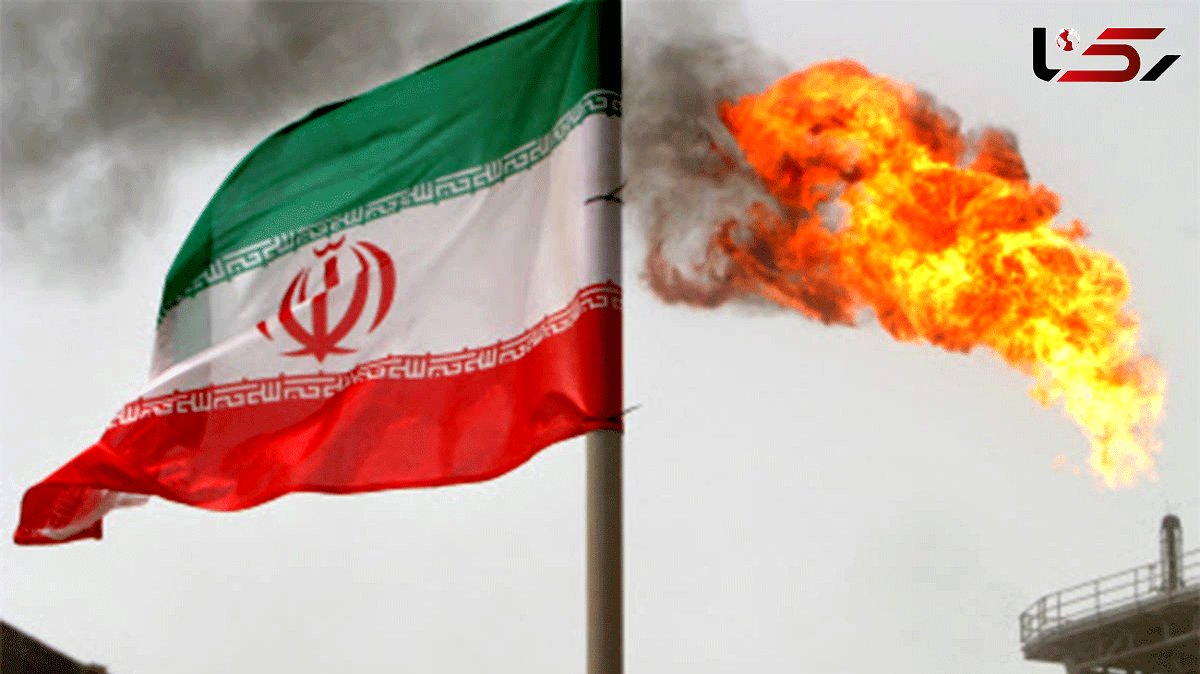Iran condemns ‘repetitive’ U.S. oil sanctions
Rokna: Iranian diplomats have denounced the United States’ new oil sanctions on Iran as repetitive that will unite the Iranian people and government against the U.S. economic pressure.

“The U.S. government enforces a sanctions law a hundred times and adds ambassadors, ministers or companies to its list every day. But adding members of the government, ambassadors, managers, and political or economic institutions of the country does not solve their problem. The Iranian people and government are united in defeating the U.S. policy of sanctions and maximum pressure,” tweeted Hamid Baeidinejad, Iran’s ambassador to the UK.
The ambassador was responding to the new oil sanctions that the U.S. announced late on Monday. The U.S. has designated Iran’s Ministry of Petroleum along with other oil companies pursuant to an executive order that was intended to counter “terrorism,” a measure that many analysts believe was taken to make the potential lifting of oil ban difficult in case Joe Biden won the November 3rd presidential election.
“Today, the U.S. Department of the Treasury’s Office of Foreign Assets Control (OFAC) is designating the Iranian Ministry of Petroleum, the National Iranian Oil Company (NIOC), and the National Iranian Tanker Company (NITC) pursuant to E.O. 13224, as amended, a counterterrorism authority, for their financial support to Iran’s Islamic Revolutionary Guard Corps-Qods Force (IRGC-QF), an entity designated under E.O. 13224,” the Treasury said in a statement on October 26.
The new U.S. sanctions targeted several Iranian companies and officials, including Petroleum Minister Bijan Zanganaeh.
Zanganaeh denounced the sanctions against him and his ministry as a “passive reaction” to the U.S. failure to completely ban Iran’s oil exports.
“U.S. sanctions against me and my colleagues are a passive reaction to Washington’s failure to cut [Iran’s] oil exports to zero. The era of unilateralism is over in the world. Iran’s oil industry will not be hamstrung,” Zanganeh tweeted.
The Iranian diplomats said these sanctions are not new because Iran’s oil sector has already been sanctioned by the White House under “phony charges.”
“U.S.'s hostility towards Iranian people has no limit. U.S. is sanctioning entities that have already been sanctioned under other phony charges. U.S.' addiction to sanctions has not paid off, as Robert O’Brien admitted, U.S. has out-sanctioned itself,” tweeted Alireza Miryousefi, the spokesman for Iran’s mission to the UN.
Miryousefi was referring to the U.S. National Security Advisor’s comments on the exhaustion of the sanctions option.
O’Brien has recently bemoaned that the U.S. has little opportunity left to impose new sanctions against Russia and Iran, as there are already many of them.
The U.S. national security advisor said, “One of the problems that we have faced with both Iran and Russia is that we now have so many sanctions against these countries that we have very little (opportunity) to do anything about it.”
“But we are looking at all possible deterrent measures that we can apply to these countries, as well as others, including China and some states not yet mentioned, that are trying to influence Americans on the voting issue. This is unacceptable,” he added.
Foreign Minister Mohammad Javad Zarif said O’Brien’s remarks are yet another proof that the U.S. suffers from sanctions addiction.
“NSA Robert O’Brien just admitted that U.S. has out-sanctioned its ability to inflict more pain on Iranian people. Time for the US to finally admit it is a sanction addict. Kick the habit. More economic warfare against Iran will bring the U.S. less—and not more—influence,” the chief Iranian diplomat said in a tweet on Sunday, shortly after the U.S. Treasury announced the new sanctions on Iran’s oil sector.

Send Comments